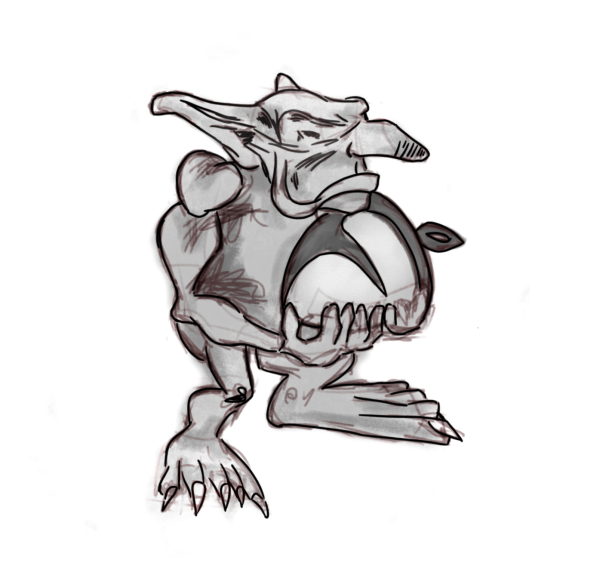“Beef” Should Stay at the Grocery Store
Many CHS students have used social media accounts for years; however, some are not educated on how to articulate arguments purposefully and respectfully when they encounter conflict with others who have different opinions. Arguing on
social media has become not only normal, but often times, anticipated as a form of entertainment. Social media is a platform where one can voice their opinion on anything, so there seems to be no limitations when it comes to attacking people or their personal lives. Although it may seem harmless and often times comical, calling others out or starting arguments (also known as “beef”) on social media is in fact harmful no matter the intentions of the person doing it.
Many people engage in arguments over their own political or religious beliefs on social media. While this has real purpose by engaging students in purposeful and important thought, when those on social media begin to use their freedom to personally victimize others, problems arise. The same people who preach positivity and kindness to others are sometimes the aggressors in the electronic posting of mean-spirited messages about a person. More often than not, people shame others by posting a rumor or embarrassing private information about another person. Even if there is not any amount of truth to that post regarding someone’s private information, it does not justify the public degradation of another person. Meaningful debates should consist of attacks on reasoning not on the person making the argument. Often times, the excuse of the aggressor is that their actions are meant for comedic purposes and that others are too sensitive. Understandably, some people do not take such personal attacks so seriously, but it is not the fault of another person who may not take it as lightly. These seemingly “harmless” intentions do not justify the real consequences. Freedom of speech is not an excuse to verbally attack others on a public platform.
What is worse is that these attacks are not only tolerated by others on social media, but they are praised. If someone calls another person out, they are considered brave or “guts.” If someone says something malicious but also intended to be perceived as funny, they are considered “savage.” Merriam Webster provides the definition of savage as lacking the restraints normal to civilized human beings and lacking complex or advanced culture. This is not something to be proud of. However, many have taken up the Urban Dictionary definition of savage meaning cool or hard-core because they are brave enough to be rude to someone. Most people, especially those involved in the arguments, do not see the repercussions, but when sharing personal and hurtful information is considered bravery, there is a problem. Attacking someone’s personal appearance or their reputation is not a sign of bravery, but immaturity. Cruelty to others has become glorified. For 20 retweets and 50 favorites, who could resist?
Realistically, not everyone will agree and get along with each other. However, just because someone may not agree with another or like that person does not mean that they should publicly humiliate them. If someone has a problem with another person that they believe deserves attention or confrontation, they should reach out to them privately if they genuinely want the situation to be resolved. Calling out another person or a group of people only creates drama and animosity and achieves nothing purposeful. At graduation, everyone should be proud of their growth together as a class and the accomplishments they have made throughout high school, not whose self-esteem they effectively tore down on Twitter. CHS students should know better than to embarrass themselves by resorting to engaging in petty arguments over social media because they are not competent enough to formulate reasonable and civil argumentation when expressing their opinions.
Hello there! Our goal is to provide relavent, engaging journalism for readers of all ages. Your donation will support the student journalists of the Wolfpacket at Claremont High School, and will allow us to purchase equipment, print our monthly issues, and enter in journalism competitions. We appreciate your consideration!





